This site uses cookies. By continuing to browse the site, you are agreeing to our use of cookies.
-
Business
-
Law
Corporate Litigation
- Competition
- Antitrust
- Government Governance
- Labour & Employment
- Intellectual Property
- Investment
- Merger & Acquisitions
- Private investment
- Private client
- Private equity
- Real Estate
- Direct Tax
- Indirect Tax
- International Trade
- Management
- Commercial
- Venture Capital
- Restructure
- Insolvency & Bankruptcy
- Show All
-
Finance
-
Engineenering
- Management
- Healthcare
-
Shopping
Buy & Sell
- Property, Home, Land, Plots
- Jewelry and Diamond
- Automobiles, Car, Trucks
- Computer & Accessories
- Mobile & Accessories
- Allopathic Health & Medicine
- Sports & Fitness
- Electrical & Electronics Items
- Furniture & Accessories
- Women's Fashion & Accessories
- Men's Fashion & Accessories
- Online Retail & Grocery
- Book, Journals & Magazine
- Crops & Seeds Bank
- Industry & Home Automation
- Security System & Machines
- Design & Printing
- Insurance Network
- Fruits & Fruits Bank
- Spices & Spices Bank
- Animals Food & Products
- Animals Bank
- Birds Bank
- Old Products bank
- Raw Material Bank
- Plant & Trees Bank
- Construction Material Bank
- Home & Kitchen
- Glass Bank
- Home Decor
- Dairy Bank
- Commodity Exchange Bank
- Ayurvedic Health & Medicine
- Homeopathy Health & Products
- Packaging Bank
- Color & Paint Bank
- Food Bank
- Rented Products Bank
- Wood Bank
- Organic Farming Bank
- Satellite Parts Bank
- Rocket Parts bank
- Automobile Parts Cloud Bank
- Drone Parts Cloud Platform
- Agriculture equipment's & Parts
- Show All
Booking- Online Hotels Book
- Online Doctor Book
- Online Advocate Book
- Online CA Book
- Online CS Book
- Online Teachers Book
- Online Researchers Book
- Online Mentor Book
- Online Banker Book
- Online Scientist Book
- Online Plumber Book
- Online Electrician Book
- Online Maintenance Engineers
- Online Salon & Barber
- Book Cook & Caters
- Entertainment Professionals
- Online Tailor Book
- Mistri | Karigar | Painters
- Book Drivers
- Fuel & charge Station
- Book Online Labour
- Online Pandit & Practicing Priest
- Show All
-
Property
-
Automation
-
Learning
Learn Expertization
- Technical Expertise
- Scientific Expertise
- Creative Expertise
- Business Expertise
- Educational Expertise
- Legal Expertise
- Medical Expertise
- Management Expertise
- Financial Expertise
- Social Expertise
- Cultural Expertise
- Health & Wellness Expertise
- Engineering Expertise
- Technology Expertise
- Environment Expertise
- Show All
-
Work Engines
-
Technology
-
More
Do Ecosystem Provides Ecosystem Solution Ecosystem Sellers Ecosystem Buyer Ecosystem Purchase Ecosystem Do Marketplace Ecosystem Building Ecosystem Making Ecosystem Sharing Ecosystem Developing Ecosystem Creating Ecosystem Startups Ecosystem Business Ecosystem Science Science Work Work Science Service Science Product Science Platform Science Data Science Formal Science Natural Science Social Science Innovation Intelligence & Technology (IIT) Data Management Warehouse Languages & Frameworks Doctrine Of General Intelligence Doctrine of General Wisdom Technology & Framework Software Engineering Mechanical Engineering Civil Engineering Electrical Engineering cloud Digital Manufacturing Cloud Digital Factory Doctrine of Everything & Everyone Innovation Services & Work Invention Services & Work General Development Cycle Government Work Indian Government Scheme Indian Government Tenders Institutions Global Industry Service Commission-GISC Job for Scientist Job of Researchers Job for Engineers Job for Sales & Marketing Infrastructure Building Infrastructure Water Infrastructure Gas Infrastructure Road Infrastructure Bridge Infrastructure Power & Energy Infrastructure Aviation Infrastructure Railroad Infrastructure Digital Infrastructure Health Infrastructure Startups & MSME University World Startups & MSME University World's Exams University Universal Accelerator Universal Incubation Universal Pitch Deck Universal Mentorship Universal Fundraising Universal Loan Advisory Universal Co-Founder Universal Team Building Universal Tax & Compliances Universal IPR Protection Universal Business Infrastructure Universal Research & Development Universal Science & Technology Universal Engineering Universal Marketing Universal Innovation & Invention Universal Sales Universal Promotion Universal Advertising Universal Design, Printing, Packaging Universal Network Universal Trade & Commerce Universal Alliance & Partnership Universal Logistic & Shipment Universal Raw Material & equipments Universal Buy & Sell Universal Product Development Cycle Universal Standards & Certification Institution of Scientist-ISRI Institution of Wisdom-UIIM Institution of Planet-UPO Digital Economy University Products Promotion University Zumosun ERP Software Accounting and GST Software Block Factory Software Zumosun Cycle Software Zumosun Cloth Software Zumosun Electronics Software Platforms Promotion University Cloud Platforms Science & Technology Park Digital Universities Our Business Platform Digital Law Platform Science Integration Platform Digital CS Platform Quantum Coding Science Cloud Student Company Cloud Farmer Company Cloud Aggregators Bank Startups Failure Friend Cloud Question & Answer Cloud Content Writing Cloud Quality Management National Manufacturing Cloud Research Lab Cloud Interviews Cloud Platform Reports Cloud Platform Global Problems Cloud Data Cloud Platform Farmer Stock Exchange Cyber Security Bank Catalogue Cloud Bank Price Comparison Cloud Bank Fashion Design Bank Entrepreneurs Bank Economy Bank University Cloud Payment University Economics University Market University Sales University Science University Technology University Engineering University Finance University Health University Pharmaceutical University Research University Agricultural University Insurance University Infrastructure University Infrastructure University Media University Entertainment University Oil & Gas University Fashion & Style University Power University Renewable Energy University Sports & Games University Development University Textile University Practicing University Data University Manufacturing University Content University Space University IPR University Skill Industry Agriculture & Allied Industry Automobile Industry Auto Components Industry Aviation Industry Banking Industry Cement Industry Consumer Durable Industry Commerce Industry Education & Training Industry Engineering Industry Financial Services Industry FMCG Industry Gems & Jewellery Industry Health Care Industry Infrastructure Industry Insurance Industry IT & BPM Industry Manufacturing Industry Media & Entertainment Industry Oil & Gas Industry Pharmaceutical Industry Ports Industry Power Industry Railways Industry Real Estate Industry Renewable Energy Industry Retails Industry Roads Industry Science & Technology Industry Services Industry Steel Industry Telecommunication Industry Textiles Industry Tourism & Hospitality industry Government Industry Training & Jobs Cloud University Commerce & Network Central Ministries Manufactures Networks Franchises Networks States Network Central Departments Network Whole Sellers Networks State Departments Networks Tenders & Auction Bank Distributors Networks Districts Network Dealership Networks Sub-Districts Network Blocks Network Retailers Networks Partnership Networks Villages Network Collaboration Networks Local Bodies Networks Alliances Networks Failures Supports Networks Family Natwork Agents Networks Investors Networks Technology Networks Industry Network Scientist Network Academia Network Family Industry Advertisement & Promotion Network Farmers Network Contractors Networks Media Network Business Friends Network DSA & DMA Network Student Network Collection Centre Network Companies Cloud Network Brands Netwok Success Cloud Network Deals Network Failures Cloud Network Patent and IPR Bank Products & Services Network Labs Cloud Network Research Publication Cloud Buyer Network Seller Network Commercial Training Institutions Customer Education University Educational Coaching Academy Client Education University Goods Promtion University Services Promotion University Products Education University Contents Development University Platform Education University Public Relationship Promotion University Work University Business University Industries Internet & Web The Internet Science The Internet Ecosystem The Web Science Web 1.0 Web 2.0 Web 3.0 Service Area About Who We Are What We Do Founders and Co-Founders Global Advisory Board- (GAB) Management and Team Vision, Mission, and Aim Philosophy and Core Values Legal Framework & HR Policies Career Company Certificates Global Inventive & Innovative Marketing Campaign Partners |Alliance| Collaboration Knowledge & Training Dynamic Research Lab Integration & Derivative Investors Relationship





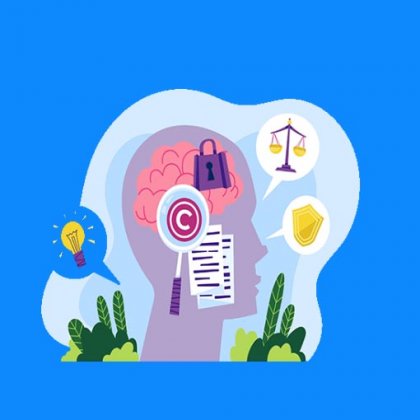


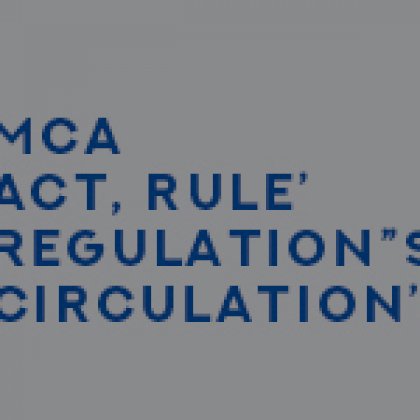












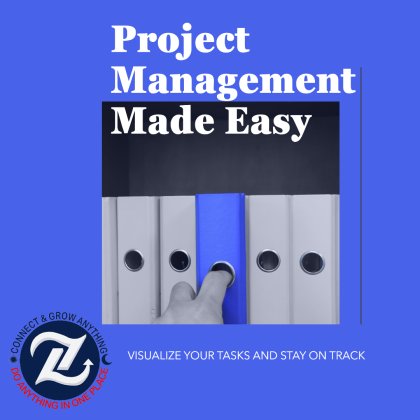


















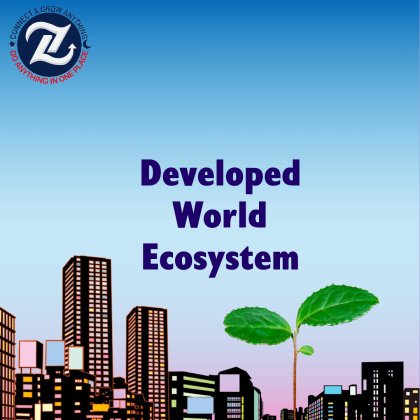
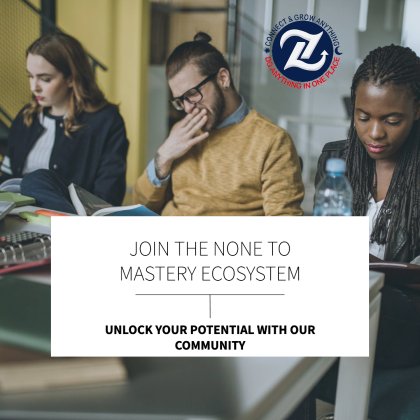


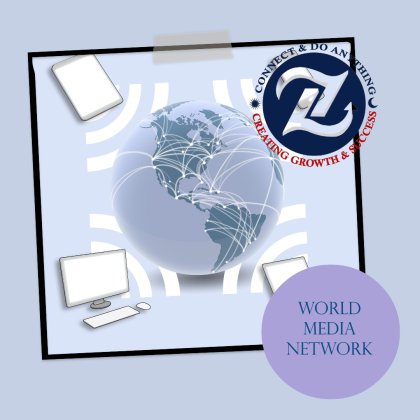
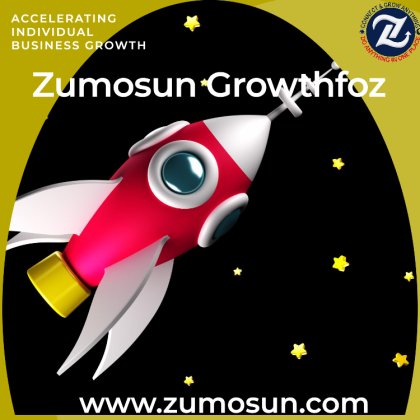













No comments found for this product. Be the first to comment!